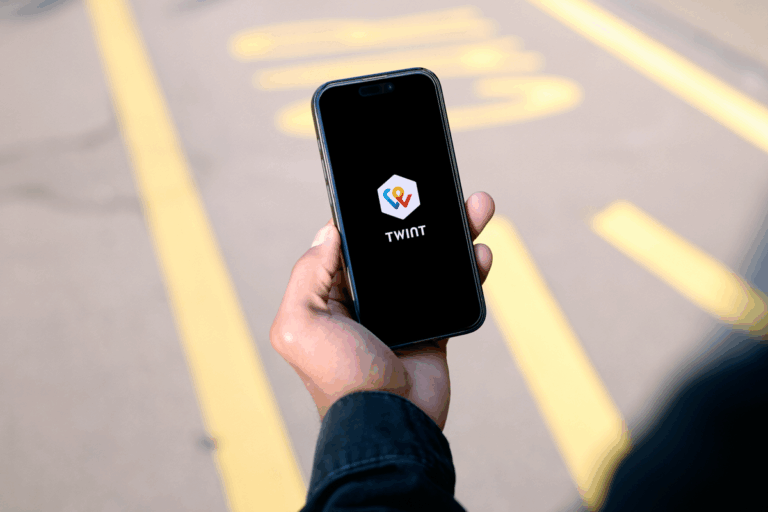McDonald’s recent data exposure incident highlights the growing cybersecurity risks of using AI in hiring. Security researchers uncovered a serious flaw in McHire, McDonald’s AI-powered job application tool, which allowed unauthorized access to sensitive applicant data. The breach, caused by default login credentials and a vulnerable API, raises urgent questions about how businesses should secure AI systems that handle personal data.
How the AI Hiring Tool Failed
McHire, a chatbot-based platform used by 90% of McDonald’s franchises to manage job applications and personality tests, was found to lack even basic safeguards. Security researchers accessed its administrative backend by using default login credentials like “123456:123456.” This gave them access to a test account with administrative rights and revealed broader systemic issues.
In a deeper probe, researchers discovered a flaw in the McHire API. This flaw gave access to a vast number of job applications submitted over several years. Although the chatbot itself resisted prompt injection, a technique that feeds AI malicious instructions disguised as normal input, the back-end system was unprotected. With minimal effort, the researchers could validate real applicant records by contacting individuals who confirmed their submissions.
Why This Matters
The incident didn’t involve a complex cyberattack or zero-day exploit. It was a straightforward case of poor security hygiene. Default passwords, lack of API restriction, and absence of multi-factor authentication on administrative interfaces are glaring vulnerabilities. In less than 30 minutes, researchers had access to sensitive data that could have belonged to millions of job seekers.
McHire, a product by Paradox.ai, was quickly patched after the flaw was reported. McDonald’s claims that no malicious actors exploited the bug before the fix. However, the situation illustrates how AI systems used in sensitive workflows, like hiring, require the same level of cybersecurity rigor as any other digital asset.
How to Protect Your Personal Data After a Breach
Even if no malicious activity has been reported, the exposure of personal data remains a risk. Here are essential steps to take if your data was part of such a breach:
-
Follow official provider instructions: Each breach is different. Always check for specific guidance from the affected company.
-
Change your password immediately: Create a strong, unique password, and store it securely in a password manager.
-
Enable two-factor authentication (2FA): Prefer hardware-based options like FIDO2 keys, which are resistant to phishing.
-
Be cautious of impersonators: Scammers often contact victims pretending to be from the breached company.
-
Watch for phishing: Attackers may use urgency (missed deliveries, account warnings) to trick users into clicking malicious links.
-
Avoid saving card information online: It’s more secure to re-enter your payment details when needed.
-
Set up identity monitoring: These services can alert you if your personal data is being traded or sold illegally online.
Cybersecurity Lessons for Businesses
This case is a clear reminder for companies integrating AI in customer or HR-facing applications: security cannot be an afterthought. Whether you’re developing your own chatbot or outsourcing to a provider, you need to:
-
Conduct regular security audits
-
Avoid default credentials in production environments
-
Enforce strong access controls with MFA
-
Monitor exposed APIs for misuse
-
Validate third-party tools for compliance and resilience
At ZENDATA, we help businesses prevent such incidents by offering advanced cybersecurity services that secure your infrastructure, including AI-based systems and APIs. From penetration testing to real-time threat detection, our experts ensure your digital assets are protected.
Conclusion
The McDonald’s AI job application leak wasn’t the result of a sophisticated hack, it was the consequence of negligence. As AI continues to power more enterprise processes, organizations must match innovation with responsible cybersecurity. The cost of ignoring the basics can be millions of records, and reputations lost.
Read the ful article from Malwarebytes here.




